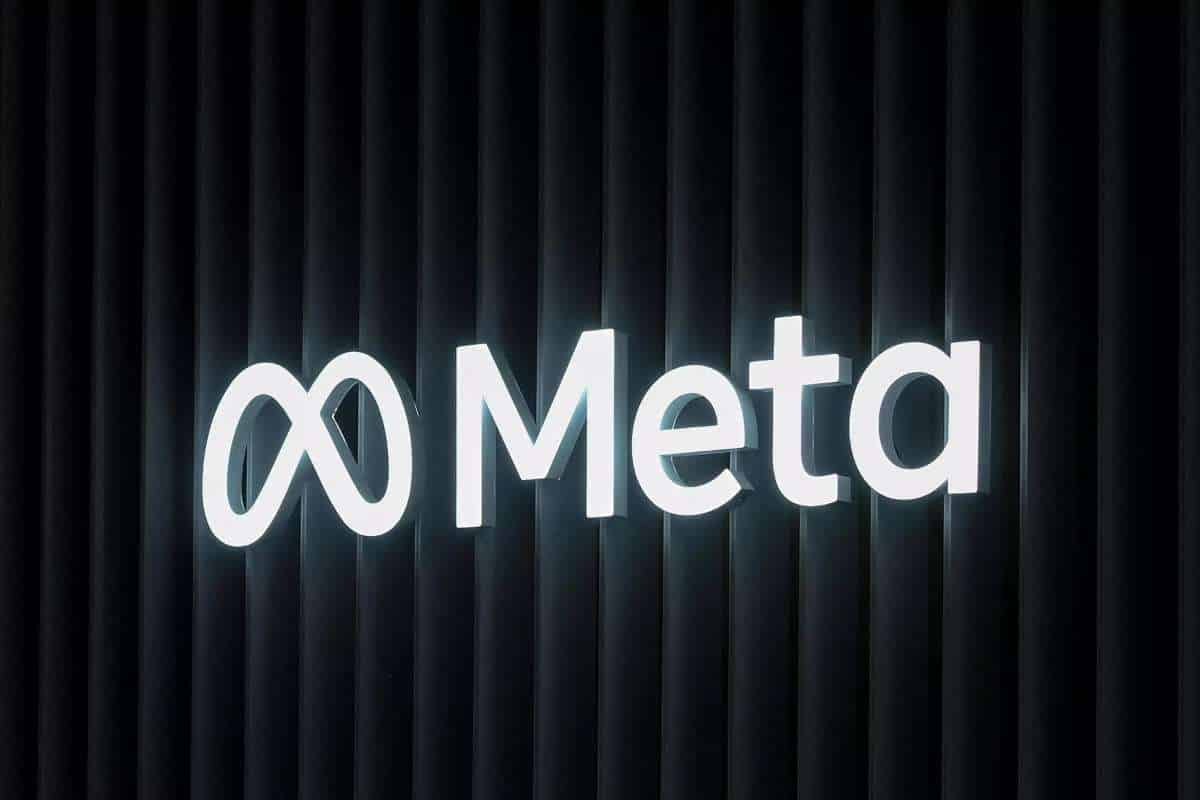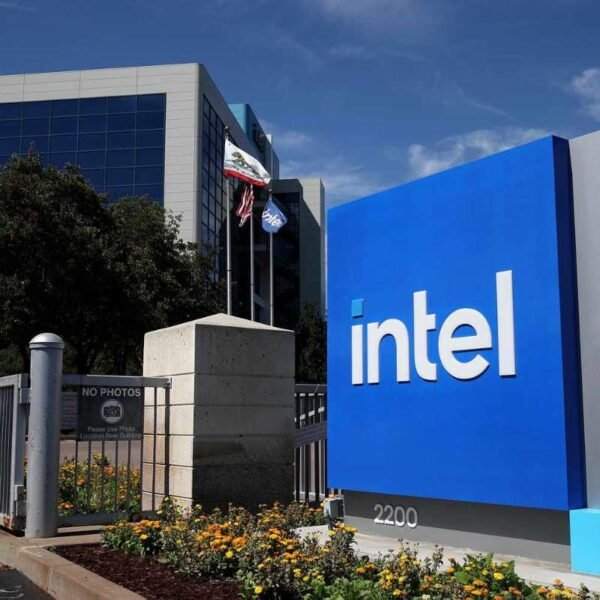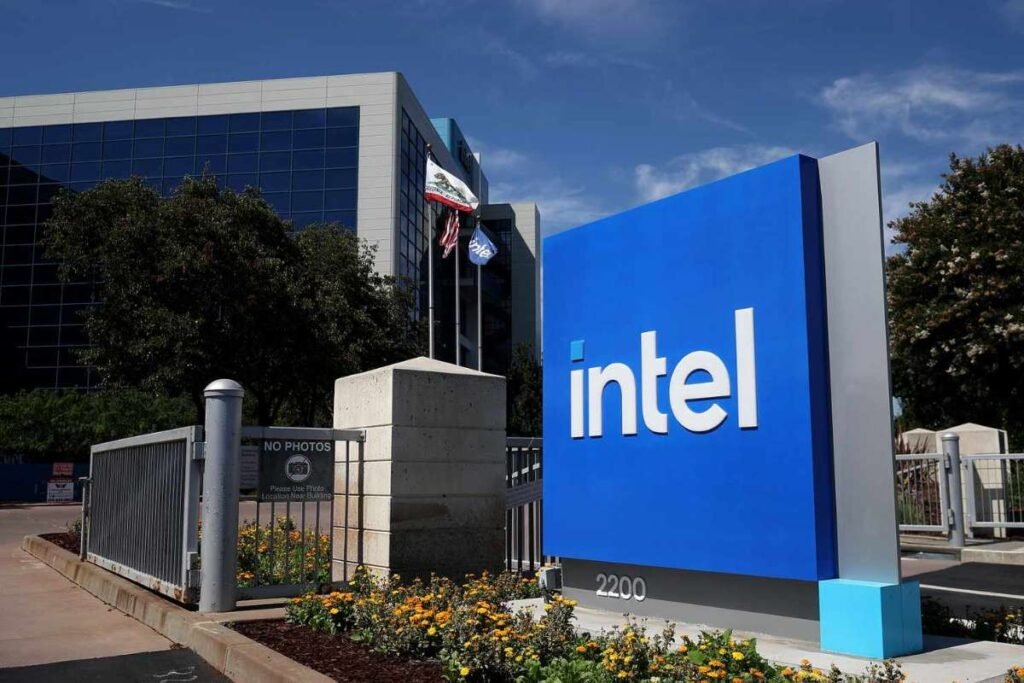In a strategic move to boost its artificial intelligence capabilities, Meta has invested $14.3 billion in Scale AI, acquiring a 49% stake in the data labeling company. This marks one of the largest AI-related investments by the tech giant to date. As part of the deal, Scale AI founder Alexandr Wang will join Meta to lead a newly formed superintelligence lab focused on developing artificial general intelligence (AGI).
Meta’s motivation stems from its need to access high-quality training datasets—an area where it has lagged behind competitors such as OpenAI and Google. Its latest large language model, Llama 4, failed to make a strong impact due to underwhelming performance in coding and contextual understanding. With Scale AI’s expertise and vast network of human annotators, Meta aims to close this data quality gap and improve the performance of its future AI models.
The partnership gives Meta access to Scale AI’s global data operations, including teams across Kenya, the Philippines, and Venezuela that manually annotate complex datasets. The immediate consequence of this deal has been a disruption in the market—Google, OpenAI, and xAI have either paused or scaled down their projects with Scale AI, potentially handing Meta a significant competitive advantage.
Disrupting the Market and Shifting Supply Chains
Scale AI has carved a niche by offering end-to-end data services—from labeling and synthetic data generation to model evaluation—supported by a workforce that includes PhD-level talent. This expertise enables the company to provide highly accurate datasets for specialized fields such as healthcare, finance, and legal services.
Meta’s move effectively reshapes the AI data services market. With many of Scale AI’s high-profile clients now seeking alternatives, competitors like iMerit and Snorkel AI are poised to benefit. iMerit offers deep domain knowledge in fields such as geospatial mapping and healthcare, while Snorkel AI focuses on automated data labeling, potentially reducing reliance on human annotators.
By aligning closely with Scale AI, Meta not only gains exclusive access to premium data services but also secures strategic advantages in sectors beyond consumer tech. Scale AI’s ties to U.S. government contracts may allow Meta to expand into federal defense and security applications—areas previously untouched by the company.
Scale AI:Technical Synergy and Enterprise Implications Unveiled
Alexandr Wang will now head Meta’s superintelligence lab, bringing with him a team of 50 researchers and significant domain expertise. The lab will focus on AGI development, while Meta continues to invest heavily in AI infrastructure through 2025. Scale AI’s platform, which supports multimodal data processing and robust quality assurance systems, is expected to significantly enhance Meta’s training capabilities.
The deal structure also avoids full regulatory scrutiny by keeping Scale AI as an independent entity, mirroring similar strategies used by Microsoft with OpenAI and Amazon with Anthropic. This approach grants Meta operational control without triggering antitrust barriers.
For enterprises, Meta’s bold investment serves as a wake-up call. High-quality data—not just cutting-edge algorithms—is now the key differentiator in AI success. The growing complexity of AI models demands sophisticated data preparation, making reliable labeling infrastructure a critical strategic asset.
In sum, Meta’s $14.3 billion investment in Scale AI is a calculated step to overcome its biggest limitation in the AI race: limited access to diverse and accurate training data. Whether this partnership will lead to a dominant position in the evolving AI landscape depends on how well Meta integrates Scale AI’s capabilities into its broader R&D ecosystem.
Read Also: Top AI Companies: Leading the Charge in Artificial Intelligence










